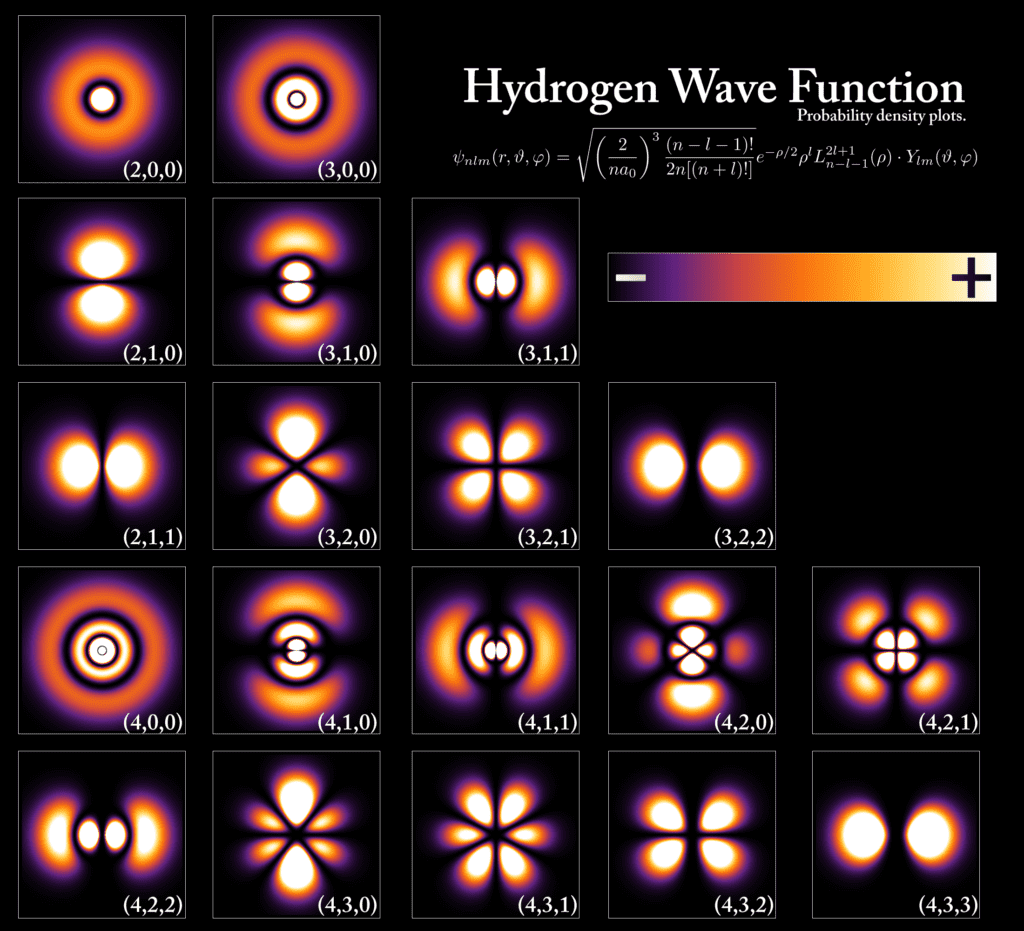Quantum mechanics is a fundamental theory in physics that explains the behavior of matter and energy at the subatomic scale. This theory provides a framework for understanding the behavior of the smallest particles in the universe, such as electrons and protons, and has a wide range of applications in fields such as materials science, chemistry, and electronics.
Despite its many successes, quantum mechanics remains one of the most challenging and controversial theories in physics. This is because it describes a world that is fundamentally different from the everyday world we experience, and its predictions are often counterintuitive and difficult to understand.
In this article, we will provide a comprehensive overview of quantum mechanics, including its history, its basic principles, and its applications. We will also explore some of the most important and interesting aspects of this fascinating theory, such as the nature of superposition, entanglement, and quantum tunneling.

The History of Quantum Mechanics
Quantum mechanics was developed in the first half of the 20th century, primarily through the work of physicists such as Max Planck, Albert Einstein, Louis de Broglie, and Erwin Schrödinger. These scientists were inspired by a series of experiments that revealed the strange and mysterious behavior of subatomic particles, and they sought to develop a theoretical framework that could explain these observations.
One of the key insights of early quantum mechanics was the idea of quantization, which states that certain physical properties of particles, such as energy and angular momentum, can only take on certain discrete values. This was in stark contrast to the classical mechanics, which described the behavior of macroscopic objects and predicted that these properties could take on any value.
The Principles of Quantum Mechanics
The central principle of quantum mechanics is the wave-particle duality, which states that subatomic particles exhibit both wave-like and particle-like behavior. This duality is described by the Schrödinger equation, which describes the wave function of a particle, and is used to make predictions about the behavior of particles in a variety of different systems.
One of the most famous and counterintuitive predictions of quantum mechanics is the phenomenon of superposition, which states that a particle can exist in multiple states simultaneously. This means that a particle can be in two different places at the same time, or it can have two different energies or spins.
Another important concept in quantum mechanics is entanglement, which occurs when two or more particles are correlated in such a way that the state of one particle cannot be described independently of the other. This means that a change in the state of one particle will instantaneously affect the state of the other, even if they are separated by vast distances.


Applications of Quantum Mechanics
Quantum mechanics has a wide range of applications in a variety of different fields, including materials science, chemistry, and electronics. In materials science, quantum mechanics is used to understand the behavior of materials at the atomic and molecular scale, and to design new materials with specific properties.
In chemistry, quantum mechanics is used to predict the behavior of molecules and to design new chemical reactions. It is also used to understand the behavior of electrons in chemical reactions and to predict the properties of materials.
In electronics, quantum mechanics is used to design and develop new electronic devices, such as transistors and diodes, and to understand the behavior of electrons in these devices. It is also used to understand the behavior of electrons in solid state materials and to predict the properties of materials.
Conclusion
Quantum mechanics is a fascinating and deeply mysterious theory that provides a framework for understanding the behavior of matter and energy at the subatomic scale. Despite its many successes and applications, it remains one of the most challenging and controversial theories in physics, due to its strange and counterintuitive predictions. However, its contributions to fields such as materials science, chemistry, and electronics have been invaluable, and its influence on our understanding of the world continues to grow. As we continue to explore the mysteries of quantum mechanics, we can be sure that it will continue to play a crucial role in shaping our understanding of the universe and our place within it.